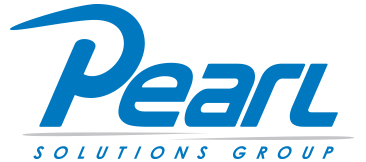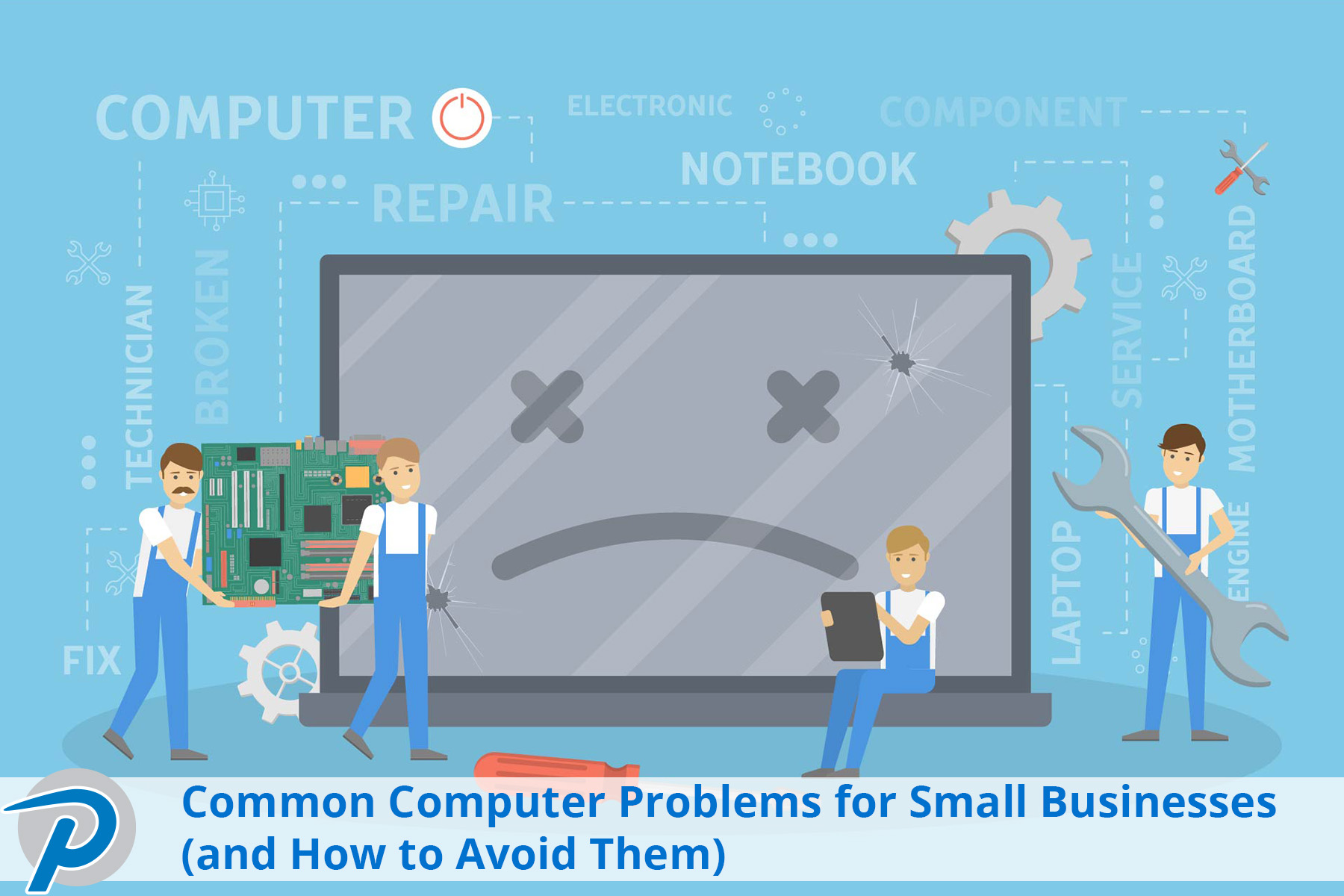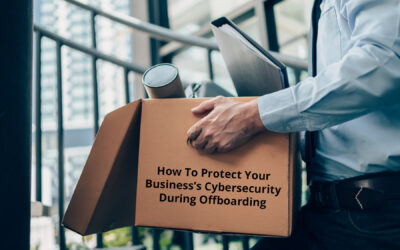All of us rely heavily on our computer systems to keep our small businesses running smoothly. Unfortunately, computer problems can arise at any time, causing downtime and decreasing productivity, and we aren’t always equipped with the resources or solutions to fix, recover, and better maintain our IT infrastructure. Let’s talk through common computer problems for small businesses and how you can avoid them.
Hardware problems can result in data loss, downtime, and decreased productivity. Common hardware problems include hard drive failures, overheating, power supply issues, and faulty memory. To prevent these problems, you can implement a regular maintenance schedule, avoid exposing your computers to extreme temperatures, and ensure that your computers are not exposed to dust or debris.
Software issues can cause a wide range of problems, including crashes, errors, and slow performance. Common software problems include corrupt files, compatibility issues, and outdated drivers. To troubleshoot software issues, you can try restarting your computer, updating your software, or uninstalling and reinstalling the software. It’s also essential to keep your software up to date to avoid security vulnerabilities that could cause problems.
Printer problems can cause delays and decrease productivity in your small business. Common printer problems include paper jams, low ink levels, and connectivity issues. To troubleshoot printer problems, you can try restarting your printer, checking your printer settings, and ensuring that your printer drivers are up to date.
Slow computer performance can be frustrating and can negatively impact your small business’s productivity. To improve computer performance and speed, you can try uninstalling unused programs, deleting unnecessary files, and disabling startup programs. You can also upgrade your hardware, such as installing more RAM or upgrading your hard drive to an SSD.
Networking problems can cause significant issues with your small business’s ability to communicate and collaborate effectively. Common networking problems include slow internet speed, inability to connect to the network, and difficulty accessing shared resources. To solve networking problems, you can try resetting your network hardware, checking your network settings, and ensuring that your network hardware is up to date.
Missed updates and upgrades are a critical vulnerability to your entire infrastructure. Regular updates and upgrades are essential to ensure that your small business computers are secure and up to date. Best practices for managing updates and upgrades include creating a schedule for updates, testing updates and upgrades before implementing them, and backing up your data before updating or upgrading.
Malware and viruses are malicious programs that can cause significant damage to your small business computers, including data theft and system crashes. To prevent malware and virus infections, you can install antivirus software, avoid clicking on suspicious links and attachments, and ensure that your software and operating system are up to date. If your computer is infected with malware or a virus, you should take immediate action to remove it and prevent further damage.
Data loss can be devastating for your small business, causing financial losses and decreased productivity. To prevent data loss, you can implement regular backups, store backups in multiple locations, and use cloud storage to store important data. In case of data loss, you can use data recovery software or seek professional help to recover lost files.
A healthy IT infrastructure for a small business may not be reasonably managed by a single in-house IT manager. Relying on one person to manage the wide variety and amount of issues, keeping every asset updated in a timely and compatible manner, and preventing, identifying, and recovering from ever-evolving cyber threats will overtax a single or small IT team, expose skill gaps, or even lead to destructive turnover. Partnering with a Managed Services IT Provider (MSP) can reallocate each of these computer problems into expert hands. Whether fully managing your IT or co-managing with your in-house staff, you are under constant care with a team of expert IT resources available. The ongoing partnership allows for routine work to maintain your security, your backups, and your environment.




